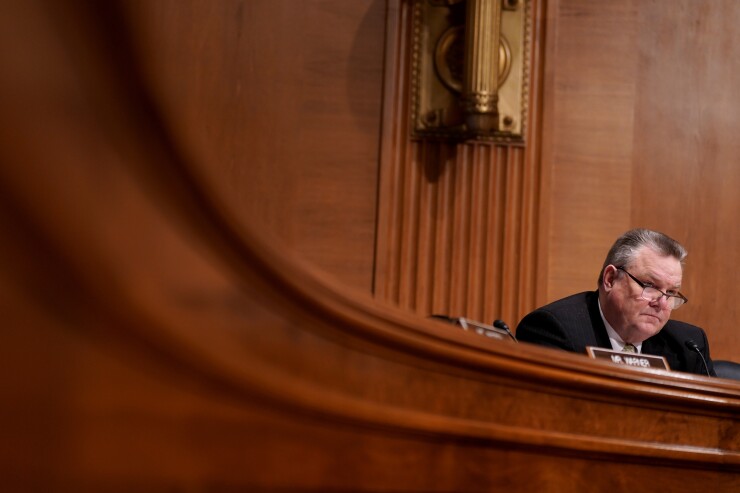
Back in January, former South Carolina Governor, United Nations Ambassador and Republican presidential candidate Nikki Haley, having just lost the New Hampshire Republican primary by a lot, told her
"Most Americans do not want a rematch between Biden and Trump," Haley said. "The first party to retire its 80-year-old candidate is going to be the one who wins this election."
Right now "Nikki Haley" and "January" feel like abstract and long-forgotten concepts — like the Treaty of Ghent or trigonometry — but her prediction seems to have been remarkably prescient. Against all odds, one of the parties did swap out its candidate and appears to be reaping the rewards from voters: Vice President Harris has erased former President Donald Trump's leads in all of the swing state and nationwide polling averages in a matter of weeks, dominated the news cycle and put her opponent on his back foot. So far at least, it seems like Haley was right.
The election's outcome is far from assured and will be tight almost no matter what, but the way things are going, it doesn't seem too soon to game out what a Harris administration would look like — and
When Joe Biden was inaugurated in 2021, he came into office with the coveted trifecta: the presidency and majorities in the House and Senate. The majority in the Senate was as narrow as it could possibly be, but even so Biden managed his legislative hand masterfully and made the most out of a narrow window of opportunity. If Kamala Harris wins in November, she probably won't have that same advantage.
This year's
Senate Banking Committee member Jon Tester, D-Mont., may be the bridge too far for Senate Democrats in 2024. Tester, like Manchin, is a three-term senator and the most popular Democrat in a state that does not elect many Democrats — Trump carried Montana by 17 points in 2020. Tester's reelection campaign has been
What that means for banks is that whatever legislative goals a newly inaugurated President Harris may have — as well as the number and type of executive appointees she can get confirmed — will most likely be tempered by






